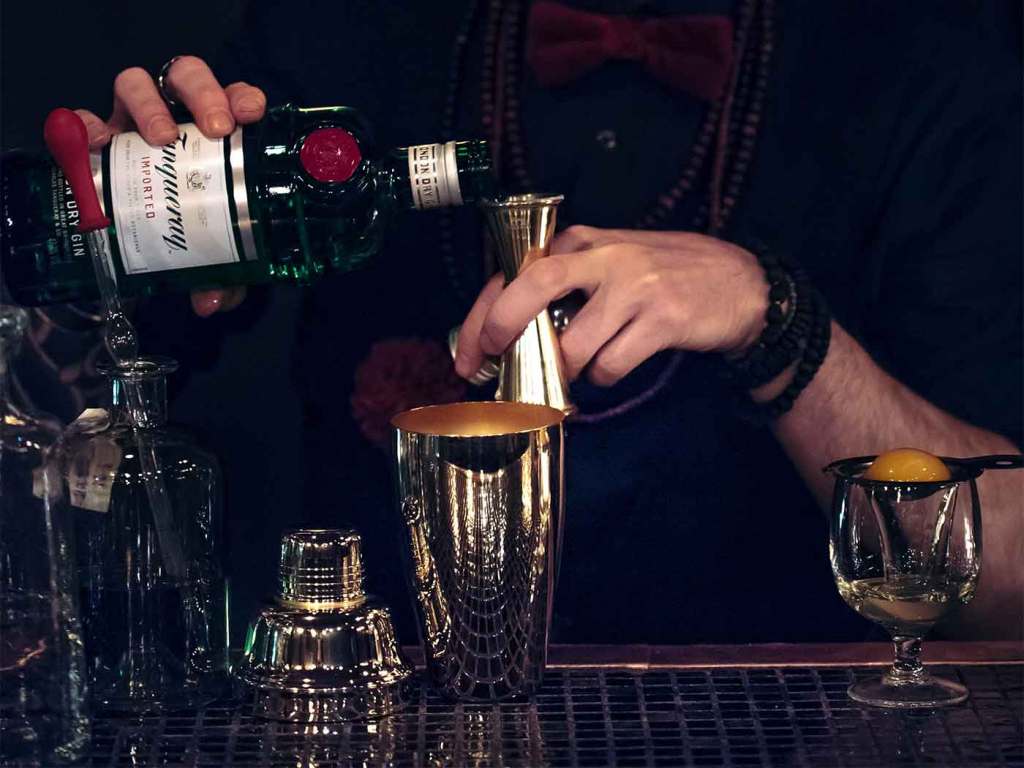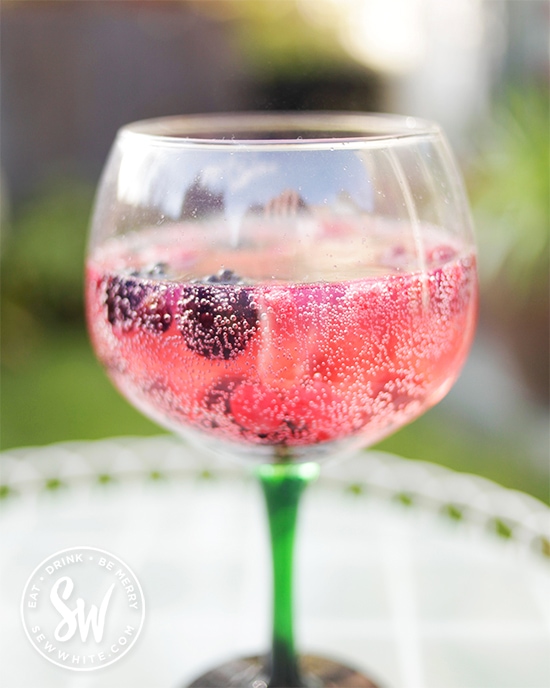
You don't have to be a wine expert or novice. It pays to know wine. It will increase your knowledge and make it easier to buy wine. There are many resources that will help you get started.
The Oxford Companion to Wine contains a wealth of information and is considered to be the definitive reference on wine. The book features a variety of contributors, including wine experts and academics. The book contains extensive information. This includes tasting charts, lists and lists of unusual wines as well as a history of wine dating back to 500 million years. Wine enthusiasts and wine buffs will love this book. It was first published 1994, and since then has won every major wine book award.
The Society of Wine Educators is a non-profit educational group that offers professional certification to those who are interested in the wine industry. Its members have access to a newsletter and study materials as well as an annual conference. A multi-part exam must be passed in order to obtain the title of Master Of Wine (MW). The thesis must address a novel contribution to wine knowledge. Candidates must blind taste wine and discuss the history of a wine. They also need to answer theory papers. The Master of wine title is awarded to those who pass this exam. Study materials are available from the SWE, including a Study Guide, and a Study Guide Workbook. These contain almost 900 digital flashcards that will help you prepare for your exam.

The Institute of Masters of Wine employs over 4100 professionals from 30 countries. It is the largest wine trade organization in the world. The Institute hosts events in San Francisco (California) and Adelaide (Australia). The institute offers evening sessions for sommelier and wine tasting masterclasses.
WSET Wine Qualification is an intermediate course that teaches you to appreciate and value different types of wine. These courses can be completed in two to three days. They cover wine grape variety, wine regions and wine styles. The course also covers wine storage practices and wine naming conventions. This qualification is internationally recognized, and it can lead to a career working in the wine industry.
The CSW Workbook includes 180 pages of study materials and digital flashcards, to help you prepare yourself for your exam. It is updated annually with digital wine map exercises and quizzes. The book's structure is similar to a textbook, so it's perfect for exam prep.
The Wine Bible is one the best books on wine. It is both informative and simple to read. It's also a fun and entertaining read. The Wine Bible contains stories that give readers a taste of how a professional wine taster thinks.

Windows on the World: A Guide to Wine is another wonderful book. Kevin Zraly is the author of all 34 editions. Zraly has been writing about grapes for more than 30 years. The book's pages are full of quizzes and stories to make readers feel like they're an expert.
FAQ
Can I freeze cocktails ahead of time?
Yes! Yes! You can freeze batches of cocktails. Place the bottles in an airtight plastic container and freeze them until you need them. Simply thaw the bottles overnight in the fridge before you are ready to serve.
What goes with a martini?
There are many options for what you can put in your martini glass. Here are some tips:
-
Olives
-
Lemon slices
-
Maraschino cherries
-
Peanuts
-
Cheese cubes
-
Pickles
-
Caviar
-
Grapes
-
Strawberries
-
Ice cream
-
Shrimp
-
Crabmeat
-
Oysters
-
Sushi rolls
-
Bacon bits
-
Hard-boiled eggs
-
Cocktail onions
What do you say to someone who orders a "dirty martini"?
A dirty martini means a martini made with extra olives.
Statistics
- with a light percentage of 4.2% or any with a light percentage of 4.2% or any Coors/Bud/Miller Lite, which also is 4.2% (breakingtheboredom.com)
- You can simply follow the rule of thumb: $1/beer or wine, $2/ cocktail, and 10-20% for large tabs. (alembicbar.com)
- If you choose one that's made with 100 percent agave (like Milagro or Sauza), you'll save a ton of money and still get a great-tasting drink. (mashed.com)
- According to a post on Quora, the average bartender can make upward of 140 drinks per hour. (gloworder.com)
External Links
How To
Favorite Drinks: For Beginners
Favorite drinks for beginners
A beginner is someone who is still learning to drink alcohol. A beginner drinks one beer at a time, usually while watching television or playing video games. The beginner is not an expert when it comes to alcohol consumption.
To be a good drinker, you must first learn what you don't like. You should try many types of alcoholic beverages. You should try different brands and flavor. You may like a flavor so you can keep buying it until you find the perfect one. Once you have a taste for what you like, you can experiment with other types of alcoholic beverages.
If you want to become a good drinker, you must understand the difference between alcoholic beverages and nonalcoholic beverages. Alcoholic beverages contain alcohol. Nonalcoholic beverages do not contain any alcohol. Beer contains alcohol. Wine contains alcohol. Whiskey has alcohol. Vodka contains alcohol. Gin contains alcohol. Rum contains alcohol. Tequila contains alcohol. Brandy contains alcohol. Bourbon whiskey contains alcohol. Scotch whisky also contains alcohol. Whisky has alcohol. Cognac is also alcoholic. Champagne contains alcohol.
You should never drink anything containing alcohol if you are pregnant. Drinking alcohol during pregnancy could cause birth defects. It can also cause miscarriage.
Drinking alcohol can be addictive. If you drink too much alcohol, you could get drunk. Drunkenness can cause you to make poor decisions and be foolish. Alcoholism can develop when you drink too frequently.
There are many methods to enjoy alcoholic beverages. Some people prefer to drink alone. Others prefer to have friends around them. Still others prefer to go out with their family. No matter how you drink, there is no right or wrong way.
You should drink alcohol in moderation. Moderation means having only one drink per day. 1 drink equals 1/2 ounce (14g) pure alcohol. For example, 2 beers equals 3/4 of an inch (28g) of pure liquor. This is enough to make one feel drunk.
To summarize, I believe that learning about alcohol is essential if you are to become a great drinker. It is important to test out different types and find which you enjoy the best. Moderation is the next step.